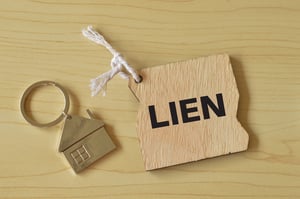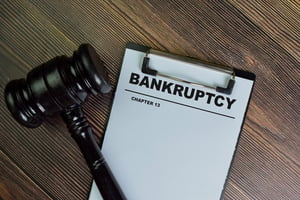Removing Judgment Liens in Bankruptcy in St. Paul, MN
During a Chapter 7 or a Chapter 13 bankruptcy, judgment liens recorded against a debtor’s property may be removed. This is known as lien avoidance. 11 U.S.C. §522(f)(1) provides that, “notwithstanding any waiver of exemptions, but subject to paragraph (3), the debtor may avoid the fixing of a lien on an interest of the debtor in property to the extent that such lien impairs an exemption to which the debtor would have been entitled under, subsection (b) of this section, if such lien is a judicial lien.” In other words, a judgment lien on a piece of property can be avoided if the lien would result in a loss of some or all of the exempt equity if the property were sold.
In addition, the judgment lien must have resulted from a money judgment issued by a court, and an exemption, whether state or federal, must be applied in the bankruptcy case to exempt a portion of the equity in the property. Lien avoidance can be total or partial. Total lien avoidance wipes out the lien entirely and provides the debtor free and clear title to the property. A partial lien avoidance reduces the amount of the lien to the extent required by the exemption. The remaining balance of the lien must be paid off by the debtor in order to avoid a foreclosure action or a repossession of the property.
A judgment lien is a nonconsensual lien, in which a lien is attached to a debtor’s property without the debtor’s consent. A judgment lien can be attached on a debtor’s property after a party, such as a person or a company, sues the debtor and obtains a money judgment against the debtor. The judgment creditor records the judgment by filing it with the county or the state. A judgment may also attach to the property automatically, after a judgment was entered against the debtor. The benefit of avoiding a lien on a piece of property, is that the lien will be removed and eliminated completely and the debtor will own the property free and clear. Your bankruptcy attorney will file a motion with the court, requesting that the lien be avoided. The court will then enter an order avoiding the lien if no creditor responds. If a creditor files a response, the court will hold a hearing and either enter an order granting the motion to remove the judgment lien or leave the lien attached to the property.
CALL NOW FOR A FREE STRATEGY SESSION FROM A MN BANKRUPTCY LAWYER AT LIFEBACK LAW FIRM
To learn more about how to avoid a lien during a bankruptcy, you should consult with an experienced bankruptcy attorney. See us at our new location in St. Paul, Minnesota, or at our website at LifeBackLaw.com!






